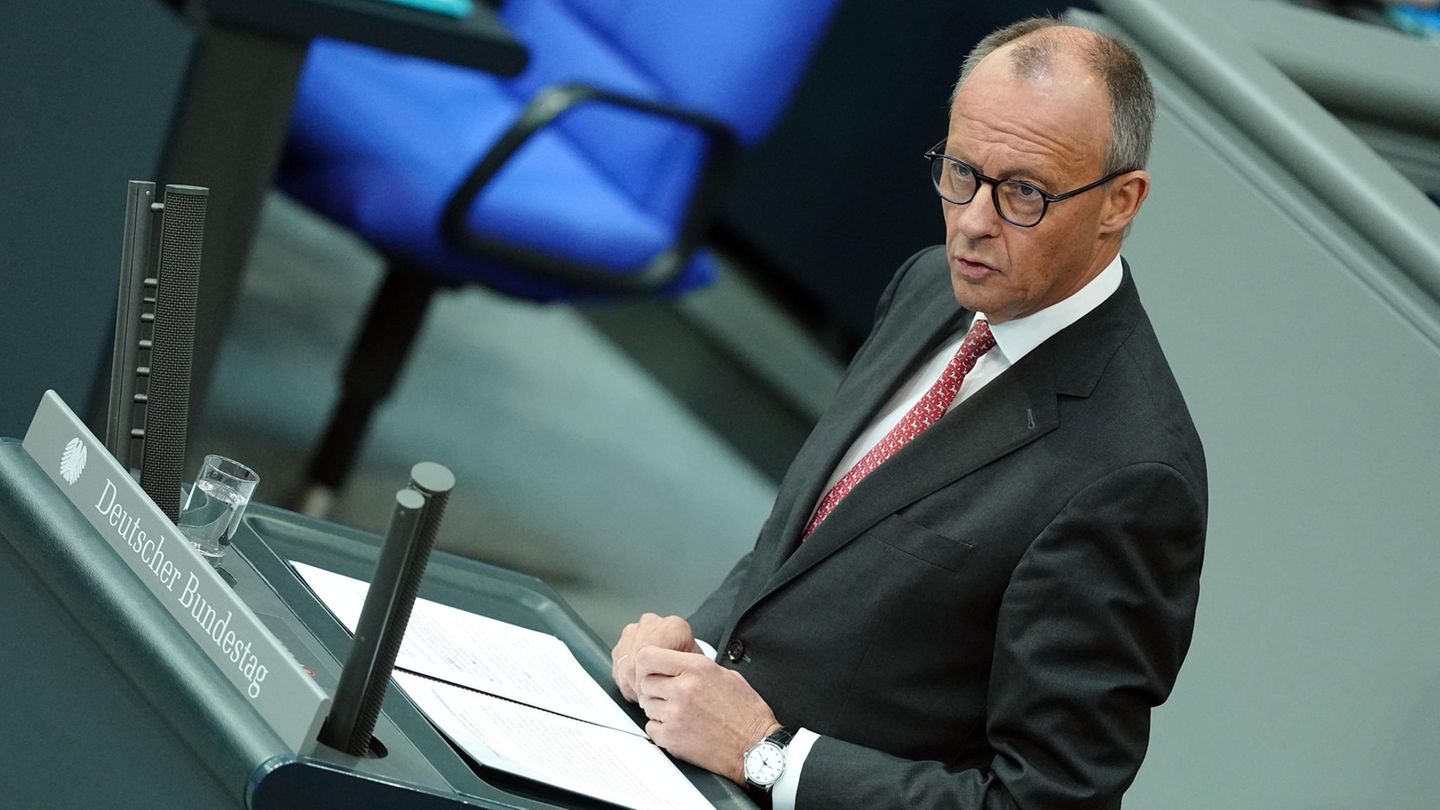During his trip to Rome, the president had a meeting of almost an hour and a half with the head of the organization. Rice said that Georgieva remarked, after this meeting, that “our teams must work together to identify sound policies to face the significant challenges facing the Argentine economy for the benefit of its people.”
He also recalled that the IMF technical teams met with authorities from the Ministry of the Economy led by its head, Martín Guzmán. “They continued to work closely with their sights set on deepening the technical work.”
He added that the talks are aimed at finalizing a loan of extended facilities, thus denying the versions that circulated regarding the possibility of a bridge loan or a stand-by (a shorter-term line).
In the framework of these negotiations, Julie Kosak, deputy director of the Western Hemisphere Department, and Luis Cubedu, of the Argentine mission, met with Minister Guzmán and representative Sergio Chodos. In this regard, Rice stated that “on the Fund’s side, we are very committed to helping Argentina to address the profound economic and social challenges it is facing through policies that strengthen economic stability, protect the poor and lay the foundations. for a more sustained growth led by the private sector ”.
Another of the important meetings that the minister had was with Geoffrey Okamoto, one of the key officials on the IMF board.
Regarding the possibilities of Argentina requesting a “waiver” (dispensation) in payments to the agency, Rice recalled that Minister Guzmán described these versions as “an unfounded rumor” and reiterated that the Fund continues to work on a program that can help to Argentina.
Surcharges
Asked by Ámbito about the flight attendants, he maintained that the issue had already been informally considered by the Board of Directors and recalled that there was also a request in this regard from the G20, last week
“It is expected that the issue of the policy of surcharges will be dealt with in the framework of a broader discussion regarding the precautionary policies of the internal review. What I can say is that this review is expected to take place at the end of the year, but I don’t have a specific date, “Rice said.
These surcharges represent an extra payment of 1,000 million dollars a year, according to official calculations.
At the beginning of last month, President Alberto Fernández assured that the agreement with the Fund would be “closed” but for it to be final, “the rate reduction” of the surcharges charged by the agency for the large Argentine indebtedness needs to be formalized – the largest debtor of the IMF-.
While the countries grouped in the G20 asked the Fund to review the issue of surcharges, so far there is not much more than expressions of wish.
The G20 released a statement on October 13 in which, in relation to surcharges, it stated that it hopes to “continue debating in the IMF’s Executive Board in the context of the interim review of precautionary balances.”
And in the statement that followed the meeting in Rome on October 30, he expressed the same thing: “our Finance Ministers hope to continue examining the policy of surcharges in the IMF Board of Directors in the context of the provisional review of precautionary balances.”
In his latest statements on the subject, the president said that the IMF’s managing director, Kristalina GeorgievaHe had told her that the flight attendants would be dealt with in December.
The surcharges have to do with a sensitive issue, since they do to the preservation of the capital of the IMF. The issue must be technically analyzed, then considered by the Executive Board and finally the resolution approved by the Board of Governors, that is, all member countries, since these surcharges are a general rule of the Fund, not an exclusive extra cost for Argentina. .
On the other hand, regarding the statements made by Alejandro Werner, former director of the Western Hemisphere, Rice indicated that he had no comment to make, but reiterated that the Fund continues to work on the implementation of a plan for Argentina.
Days ago, Werner declared “I think that the situation in Argentina is a bit invariable to an IMF program. Argentina is not going to pay the IMF ”. “Argentina is not going to carry out good macro-micro institutional policies. At most, with an IMF program, we will have four months in which they do not pass a single review. And that’s it, we will go back to arrears or near arrears at the end of the day, “he said. And he finished off “the agreement at most is going to be a temporary band-aid to maintain expectations and delay the bank run for four months. Then everything will be resolved. Because if you look at these guys, what are you going to expect from this government? ”
Meanwhile, the government insists that the talks “are advanced” and the intention is to finalize the agreement in the first quarter of 2022, as the president anticipated to the businessmen with whom he met before his trip.
Source From: Ambito
David William is a talented author who has made a name for himself in the world of writing. He is a professional author who writes on a wide range of topics, from general interest to opinion news. David is currently working as a writer at 24 hours worlds where he brings his unique perspective and in-depth research to his articles, making them both informative and engaging.




